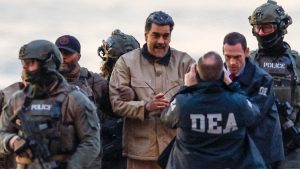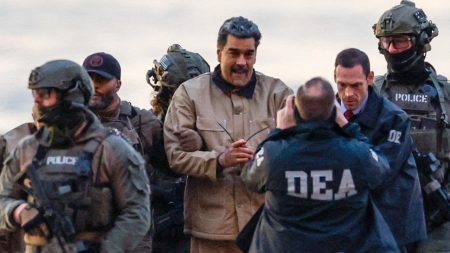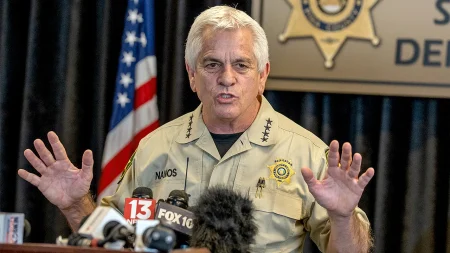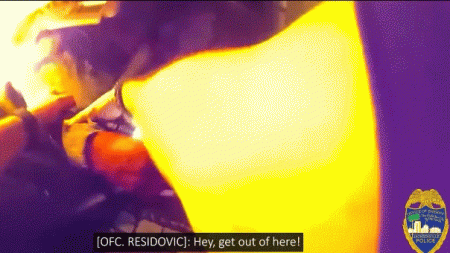Forging New Ties: President al-Shara’s Historic Moscow Visit
President Ahmed al-Shara’s upcoming inaugural visit to Moscow marks a significant diplomatic milestone that few would have predicted just years ago. The journey represents a remarkable evolution in relations, as Moscow was once the primary international supporter of the very regime that al-Shara’s revolutionary movement successfully overthrew. This diplomatic engagement highlights the pragmatic approach both nations are now taking, setting aside their complicated history to explore potential areas of mutual benefit in today’s geopolitical landscape.
For President al-Shara, the decision to engage with Moscow demonstrates his maturing political approach and recognition that international relationships often require looking beyond historical grievances. During the revolution, many of his supporters viewed Russia as an enabler of the former regime’s worst abuses, providing military support and diplomatic cover that prolonged the conflict. Despite these painful memories, al-Shara appears ready to acknowledge that establishing constructive dialogue with major global powers serves his nation’s current interests. His administration faces the monumental task of rebuilding a war-torn country, and Russian expertise in infrastructure development, energy resources, and security cooperation could prove valuable in this challenging endeavor.
Russia similarly has compelling reasons to welcome this diplomatic reset. Moscow’s unwavering support for the previous authoritarian government severely damaged its standing among much of the population and created diplomatic complications with regional powers who backed the revolution. By engaging with the democratically elected al-Shara administration, Russia signals its adaptability and pragmatism in foreign policy, potentially opening doors to renewed economic opportunities and influence in the region. Russian officials have emphasized their interest in stability and reconstruction, positioning themselves as partners rather than adversaries in the nation’s rebuilding process, while carefully avoiding admissions regarding their previous role in the conflict.
Both nations bring significant potential benefits to the negotiating table. Al-Shara’s government seeks international legitimacy, economic investment, and technical assistance as it works to stabilize regions still experiencing occasional unrest. The country’s vast natural resources remain largely underdeveloped due to years of conflict, presenting lucrative opportunities for Russian companies with expertise in resource extraction and energy infrastructure. Moscow, meanwhile, sees an opportunity to expand its influence in a strategically important region while demonstrating its reliability as a partner to other nations observing this diplomatic evolution. Russian officials have already hinted at possible agreements in defense cooperation, economic development, and cultural exchanges that might emerge from these talks.
The delicate dance between past animosities and future possibilities will require careful choreography from both sides. Public opinion in al-Shara’s country remains deeply divided regarding Russia, with many revolutionary veterans expressing concern about engaging with a power they view as complicit in their suffering. President al-Shara must balance these domestic sensitivities against pragmatic diplomatic needs, likely emphasizing that engagement does not equal forgiveness or historical revision. For its part, Russia appears ready to focus conversations on forward-looking opportunities rather than uncomfortable historical reckonings, with Russian diplomats highlighting their respect for the country’s sovereignty and territorial integrity as a foundation for renewed relations.
This unexpected diplomatic opening represents a case study in how international relations often evolve beyond ideological positions toward pragmatic engagements. While neither side is likely to directly address the most painful aspects of their shared history during this initial visit, the mere fact of their meeting demonstrates how geopolitical realities can transform seemingly intractable conflicts into workable relationships. As President al-Shara steps onto Russian soil, both nations appear prepared to write a new chapter in their relationship—one based not on shared values or historical alignments, but on the practical recognition that even former adversaries can find common ground when mutual interests align. The success of this diplomatic initiative will ultimately depend on whether both parties can maintain this pragmatic approach while navigating the complex emotions and historical memories that continue to shape their interactions.










